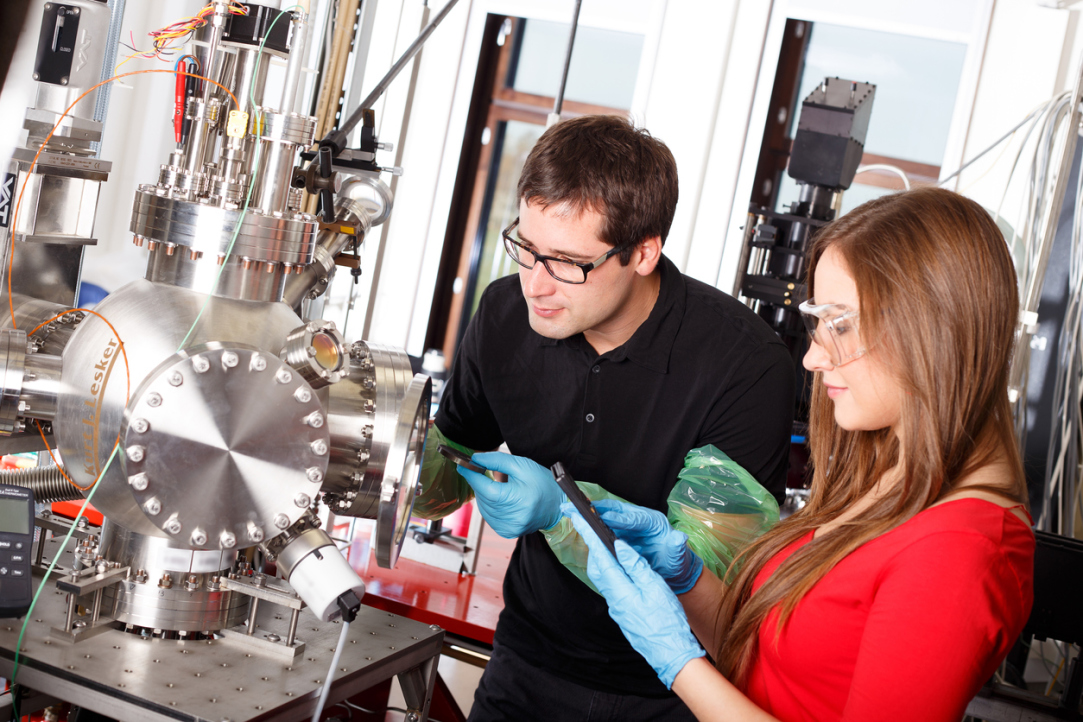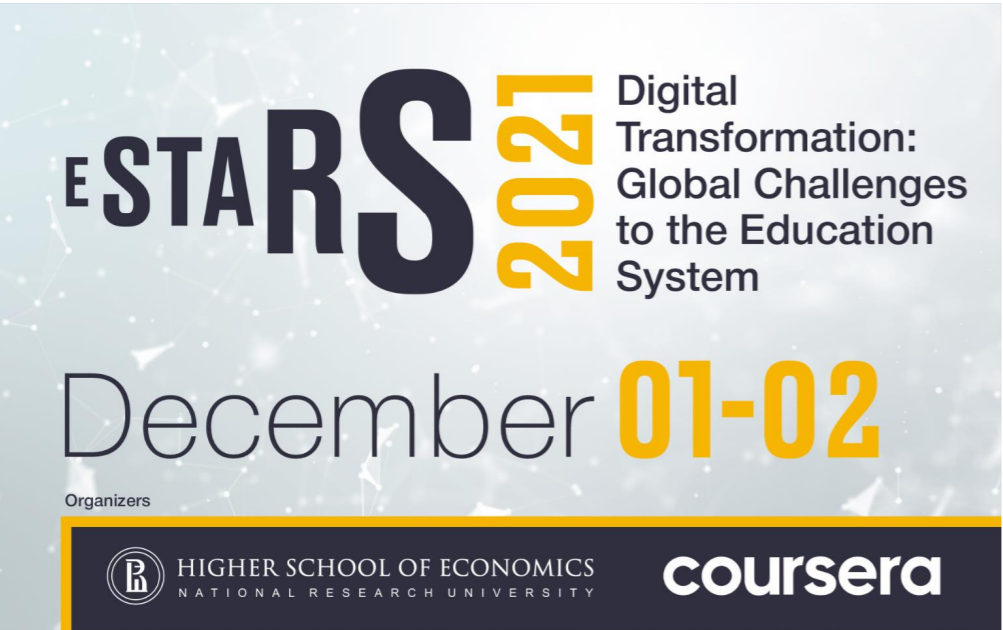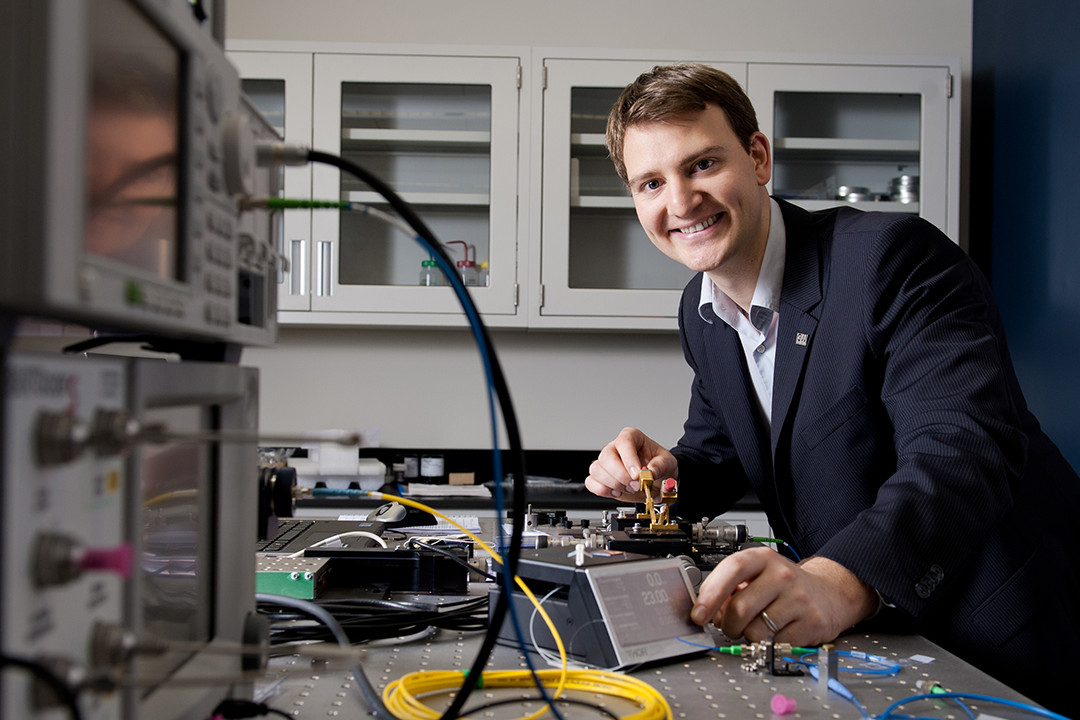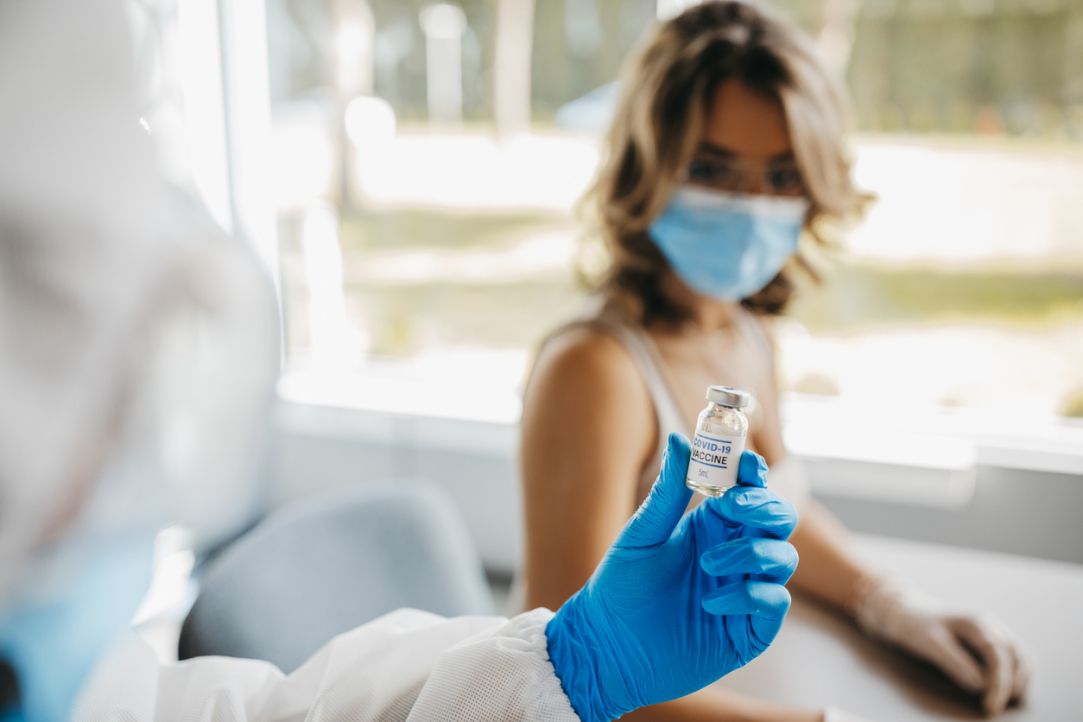
HSE University to Establish Four New International Labs
Two international laboratories will be created at the HSE University Institute of Electronics and Mathematics, one at the Faculty of Geography and Geoinformation Technology, and one at the Faculty of Biology and Biotechnology. The four projects were selected from a total of 17 applications.

Air Lines: Aviation Safety and Clear Communication
Clear communication and understanding are crucial in aviation. Air safety relies heavily on effective communication between pilots and air traffic controllers. Researchers of the School of Philological Studies and the Laboratory for Comprehensive Interdisciplinary Projects (HSE University) have prepared a report analyzing this type of communication and the barriers that can prevent pilots and controllers from understanding each other.

Why Understanding of Texts Worsens with Age
Psycholinguists from the Centre for Language and Brain, HSE University, have found that to predict semantic relations between words when reading, older adults use their knowledge of the world instead of grammar more often than young adults. Reliance on the meaning of individual words instead of accurate grammar analysis allows for faster information processing, but sometimes causes misinterpretations. The study has been published by the Quarterly Journal of Experimental Psychology.

Seven Days Until eSTARS 2021 International Academic Conference
On December 1st and 2nd, 2021, the eLearning Stakeholders and Researchers Summit (eSTARS 2021), an international online conference organized by HSE University in partnership with Coursera, will take place. eSTARS will discuss pressing issues facing universities today in the context of the growing interdependence of digital technology, the economy and education.

HSE University to Host FIT-M 2021 International Scientific Forum
On December 16–18, the FIT-M 2021 International Scientific Forum on the Application of Information Technologies and Computer Simulation in Scientific Research and Engineering and Industrial Business will be held at HSE University. The forum will have a mixed format, with events taking place both offline and online.

Researchers Investigate Link Between Bilingualism and False Memories
HSE University researchers have discovered that false information in one’s native and second languages contribute equally to the formation of false memories. The study, entitled ‘False Memories in Native and Foreign Languages’, has beenpublished in the journal Frontiers in Psychology.

Central Banks Need to Take Action to Fight Climate Change
Hubert Kempf, Professor of Economics at the Ecole Normale Supérieure Paris - Saclay (France) and Academic Supervisor of HSE International Laboratory for Macroeconomic Analysis (IMLA), will speak about the greening of monetary policy at ameeting of theDiscussion Club on Modern Economic Policy on November 25. In his interview, Professor Kempf spoke about the work of IMLA, the development of macroeconomics, and the role central banks can play in combatting climate change.

HSE University among Founders of Super C-Tau Factory
Ten universities and institutes have announced a partnership to construct an electron-positron collider in order to study the production and properties of charmed particles and tau leptons. The new experiment will be part of the Super C-Tau Factory project. It was founded by two international teams and eight from Russia, including HSE University.

HSE University Researchers Investigate Why Many Russians Oppose Vaccination
Despite the risks associated with COVID-19 infection, many Russians either refuse to get vaccinated or are uncertain and hesitant about the practice. The factors behind these views are the subject of research by Yana Roshchina, Leading Research Fellow of the HSE University Centre for Longitudinal Studies and Senior Research Fellow of the Laboratory for Studies in Economic Sociology (LSES); Sergey Roshchin, Head of the Laboratory for Labour Market Studies (LLMS) and HSE University Vice Rector; and Ksenia Rozhkova, Junior Research Fellow at LLMS. The results of the study were presented at an LSES seminar.

The Pandemic Has Boosted Digitalization and Deglobalization: What Does It Mean for Russia?
The COVID-19 pandemic has caused global economic, social and technological transformations. Experts from HSE University and other education and research institutions from various countries discussed these transformations and other relevant trends for the future at the 3rd International Conference ‘East and West at the Stage of New Transformations: The Post-Covid Changes’.

